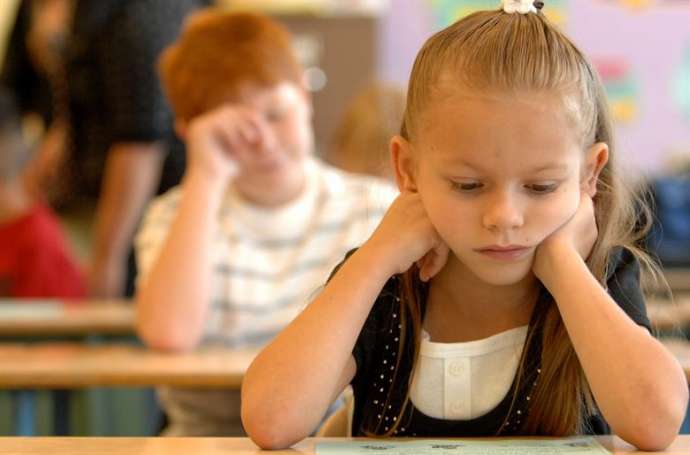STA, 3 April 2019 - Education Minister Jernej Pikalo has announced that the coalition has come up with an agreement on the state funding of private primary schools, under which the mandatory state-approved curriculum would be fully funded, but the extended curriculum would not get any funds.
The announcement on Wednesday comes as the five-member minority coalition is trying to implement the Constitutional Court's ruling from 2014 mandating full state funding of private primary schools teaching state-approved curricula.
Currently, private primary schools have 85% of both their mandatory public curriculum and extended programme covered by the state. Extended programme includes remedial classes for struggling students and additional classes for outperforming students, as well as pre- and after-class activities.
Under the planned changes to the organisation and financing of education act, the generations already attending primary schools would have their mandatory public curriculum fully financed, while extended programme would be financed at a 85% rate.
For the generations enrolled after the changes enter into force, mandatory public curriculum would be fully financed, while extended programme would not be financed, Pikalo explained.
He added that the proposal, which will now enter public consultation, clearly defined the conditions for such state funding and instructions to institutions on how to meet these conditions.
The minister hopes the public consultation would result in a solution which would be accepted before the start of the next school year.
Pikalo noted that the wording of the changes had been discussed today only by the coalition, adding that the talks with the Left, the government's tentative partner from the opposition, would be held separately.
Announcing the proposal, the minister said that it implemented the Constitutional Court's decision on the one hand, and protected the network of public schools on the other.
He said that the proposal "brings together what is sometimes perceived as impossible", adding that his personal opinion was that it was not right that same primary education programmes were funded differently.
Pikalo said he would look to secure the broadest possible consensus on the proposal, adding that he would present it to all parliamentary deputy groups.
But the first reactions from the opposition are that the proposal is unconstitutional, while some coalition parties are also cautious despite the minister saying that the proposal had been agreed on.
The Democrats (SDS) noted that the Constitutional Court's decision stipulates full funding of publicly approved programmes, where extended programmes belong.
Tomaž Lisec, an MP of the largest opposition party said on Twitter that the proposal was "unconstitutional".
The opposition New Slovenia (NSi) said it supported "100-percent funding of publicly approved programme, without the artificial differentiation between the mandatory and extended part."
The NSi noted that a very small number of private primary schools in Slovenia would be eligible for full funding under that proposal. "This would not threaten public education in any way," the party said on Twitter.
Aljaž Kovačič of the ruling Marjan Šarec List (LMŠ) said it was only a proposal on which other stakeholders would give their opinion, adding that constitutional experts would also needed to be consulted.
Igor Zorčič, the head of the coalition Modern Centre Party (SMC) deputy group, said the party expected from Pikalo to consult jurists on whether the proposal was appropriate in order to prevent possible new unconstitutionalities.
The proposal is supported by Pikalo's Social Democrats (SD) and the coalition Pensioners' Party (DeSUS) and the Alenka Bratušek Party (SAB), with the latter saying that the public education network should be protected.
In Slovenia, primary education is provided to all children, the SAB said, adding that Slovenia was one of the least socially stratified societies in the world, which needed to be preserved.
The party believes that the "material Minister Pikalo presented to the coalition parties, despite some remarks, addresses the issue appropriately".
All our stories on education are here







